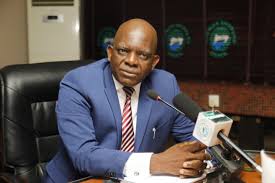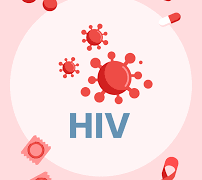
The Nigerian Shippers’ Council (NSC) has refuted claims circulating on social media regarding its approval of tariff reviews for the West Africa Container Terminal (WACT) in 2021 and 2023, emphasizing that the process was transparent and adhered to industry standards.
In a statement released by its management, the NSC described the allegations as misleading and clarified that the tariff adjustments were subjected to rigorous assessment processes before approval. The council reiterated its commitment to ensuring fair, justifiable, and sustainable tariff structures that align with prevailing economic realities while maintaining a balance between service providers and port users.
The NSC underscored that the tariff increment implemented by WACT was duly reviewed and approved by the council after ensuring compliance with acceptable industry benchmarks. The assessment process, it stated, was thorough and guided by the economic realities of the time. As the economic regulator of the port sector, the NSC assured stakeholders that all tariff adjustments approved were done in a manner that would not jeopardize port operations or unfairly burden port users.
Providing further clarification, the council noted that WACT engaged extensively with registered clearing agents before implementing the new tariff structure. Among the groups consulted were the Association of Nigerian Licensed Customs Agents (ANLCA), the National Association of Government Approved Freight Forwarders (NAGAFF), the Association of Registered Freight Forwarders of Nigeria (ARFFN), and the National Council of Managing Directors of Licensed Customs Agents (NCMDLCA).
The discussions with these associations, according to the NSC, resulted in a mutual agreement that the tariff increment would be implemented in phases to minimize the impact on port users.
As part of this agreement, WACT implemented the first phase of the tariff increase, which was accepted by port service users. Subsequently, after a one-month and two-week notice period, the final phase of the approved increment was introduced to ensure adequate preparation and transparency in the process. The NSC stressed that such an approach was in line with best regulatory practices aimed at fostering operational stability within the port sector.
Addressing concerns raised by the Africa Association of Professional Freight Forwarders and Logistics of Nigeria (APFFLON), the NSC stated that the claims made by the group were misleading. The council explained that WACT had clarified that APFFLON had failed, over the past two years, to obtain an introductory letter from the Council for the Regulation of Freight Forwarding in Nigeria (CRFFN), which is a prerequisite for recognition as an agent.
Due to this non-compliance, APFFLON was not part of the stakeholder engagements preceding the tariff review implementation. The NSC maintained that their exclusion was a result of regulatory non-compliance rather than deliberate marginalization.
Reiterating its mandate, the NSC reaffirmed its commitment to fostering a competitive and transparent port environment while balancing the interests of terminal operators and port users. The council urged all stakeholders to engage constructively and in adherence to regulatory frameworks to enhance efficiency and sustainability in port operations.
The NSC encouraged continuous dialogue among industry players to resolve disputes amicably, emphasizing that all decisions taken were in the best interest of the maritime sector.















